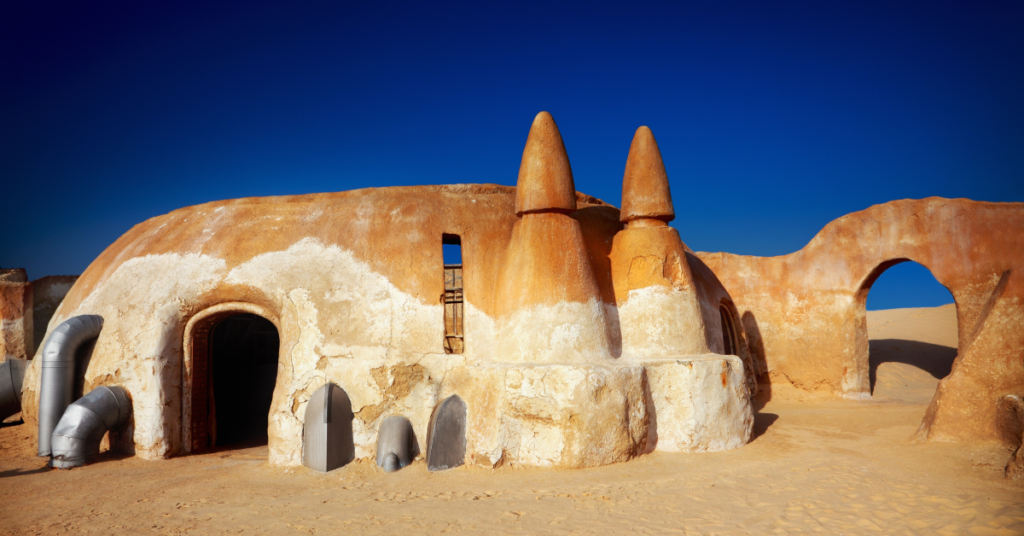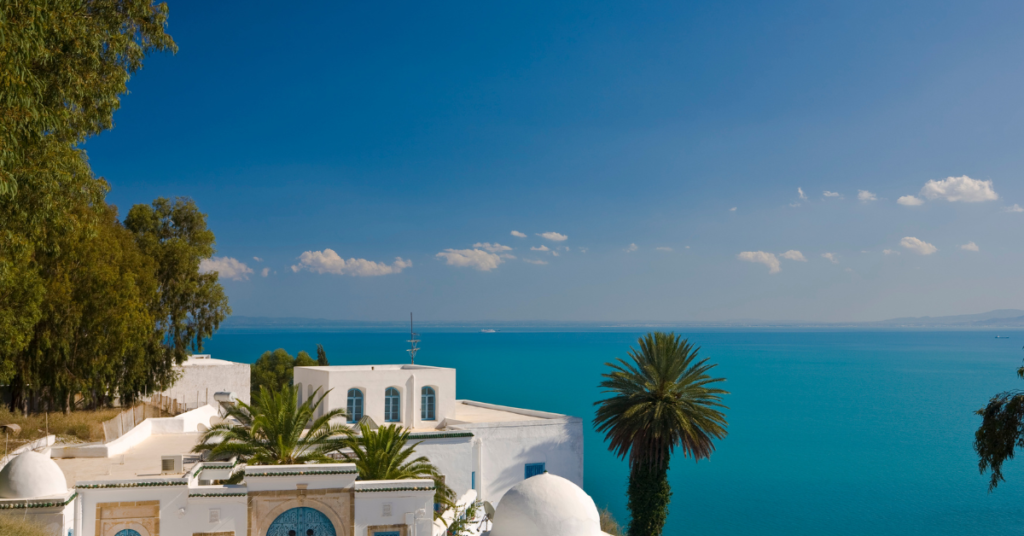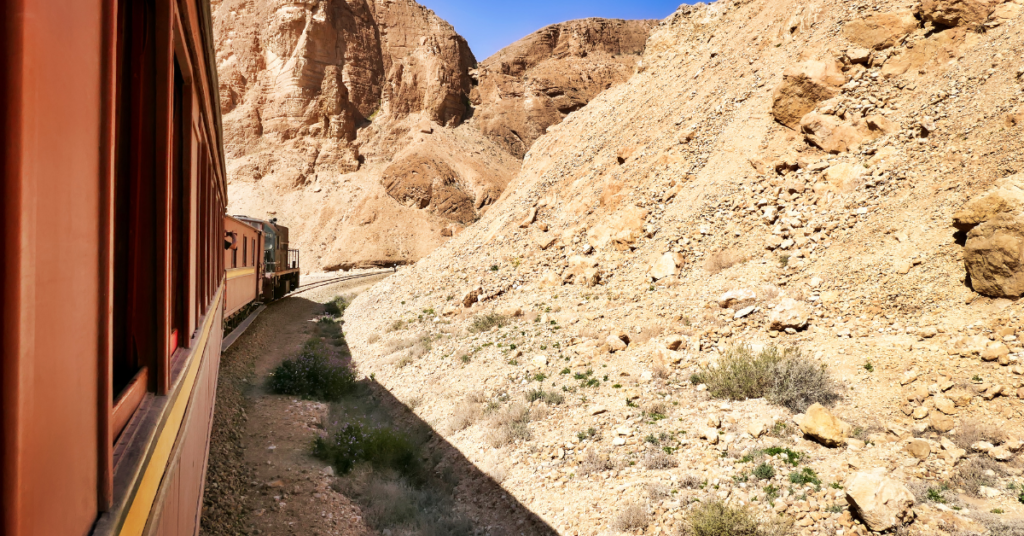Is Tunisia safe to Visit? Given the recent incidents and media attention, it makes sense that many passengers have asked this issue. Africa’s Tunisia used to be a well-liked vacation destination, drawing tourists from all around.
However, the nation was the target of a number of terrorist operations in 2015 that were planned and carried out by members of the Islamic State. These assaults primarily targeted visitors, dealing with Tunisia’s tourism sector a severe hit. The effects were felt by the Tunisian populace, who depended on tourism for a living, as well as the nation’s economy. Since then, it is understandable that worries about going safely to Tunisia have increased.
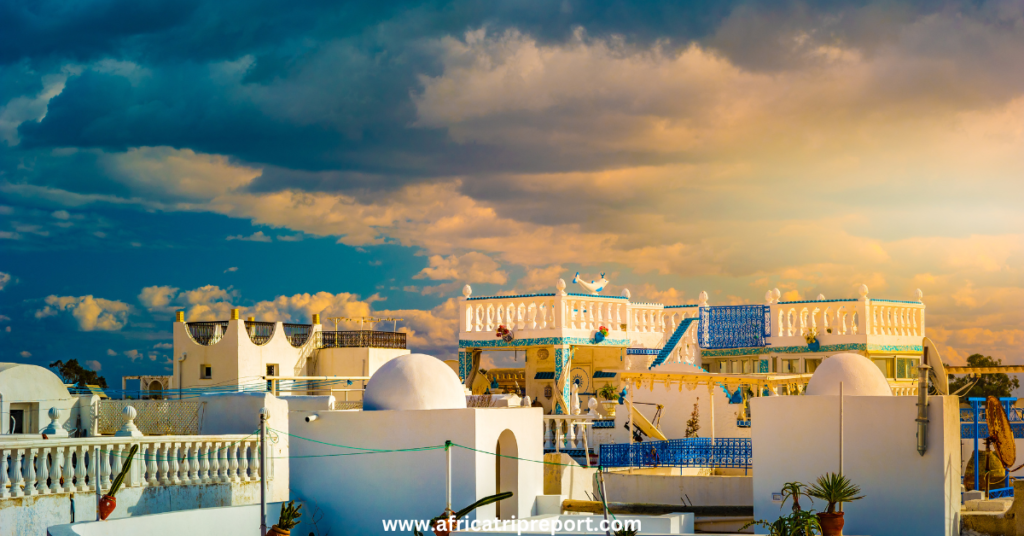
Acknowledging that the media often amplifies fear and presents only a partial picture is important. While it’s natural to be cautious, it’s equally crucial to consider a more comprehensive and balanced perspective before making judgments about a destination.
Is Tunisia Safe to Visit?
Tunisia, the birthplace of the Arab Spring in 2011, holds a significant place in world history. The courageous act of a Tunisian fruit vendor, who set himself on fire to protest against social injustices, sparked a revolution that reverberated across the Middle East. This transformative event led Tunisia to become the most authentic democracy in the Arab world.
The journey to democracy in Tunisia has not been without obstacles, though. The country is currently experiencing some of its most challenging economic conditions in recent memory as a result of the transition. Some accuse elected officials of being ineffective and sluggish, attributing this to their perceived flaws. Additionally, more conservative segments of the nation have resisted the advances made possible by the democratic process.

Addressing concerns about safety is paramount when considering a trip to Tunisia. It’s important to understand the measures taken by the Tunisian government to ensure the safety and well-being of both its citizens and visitors.
Strong security measures have been taken in Tunisia, especially at well-known tourist locations. Attractions, hotels, and transit hubs, law enforcement presence is obvious, and security procedures are scrupulously followed. With these steps, travelers will be able to discover the nation’s diverse cultural history in a secure setting.
Current Safety Situation In Tunisia
There have been difficulties along Tunisia’s path to democracy and development. Despite the positive developments, not all Tunisians have welcomed them, which has led to the rise of several Salafist organizations that have terrorized the nation.

Several horrifying terrorist incidents that rocked Tunisia in 2015 were observed there. 22 people lost their lives when terrorists raided the Bardo Museum in March and took tourists, hostage. Several people were shot and killed in June when an armed attacker broke into two hotels. The President’s personal guard also lost twelve men sadly in November.
Faced with such circumstances, it is no wonder that many would consider canceling travel plans to Tunisia. Consequently, tourism plummeted during that year.
Following the 2015 attacks, the Tunisian army engaged in conflicts with radical groups along the borders of Libya and Algeria. Since then, there have only been two minor incidents.
On one hand, aside from those two incidents – which can occur anywhere –, there have been no major issues since 2015. If we look at statistics, it is more likely to die in a car accident than to be caught in a terrorist attack. Terrorist incidents are localized and time-specific. However, the threat to Western interests remains a possibility, so caution is advised.
What Areas Should Be Avoided
The British Foreign Office advises people to avoid Tunisia unless it is absolutely necessary, concentrating in, especially on two small border locations that are deemed high-risk “ultra-red zones.” It’s crucial to remember that governments often consider the likelihood of the worst-case scenarios when issuing travel advisories. Weirdly, it appears that this propensity is stronger in nations where Muslims make up the majority.
These are the two regions where travel is not advised due to past conflicts between the military and radicals:
- Along the Libyan border: This area has limited infrastructure, making it difficult to access.
- Jebel Chaamby: A small region near the Algerian border.
It’s important to assess the situation based on both official advisories and real experiences on the ground. While caution is necessary, it’s also crucial to consider the broader context. Tunisia has made significant efforts to improve security, particularly in tourist areas, and incidents of violence have been isolated.
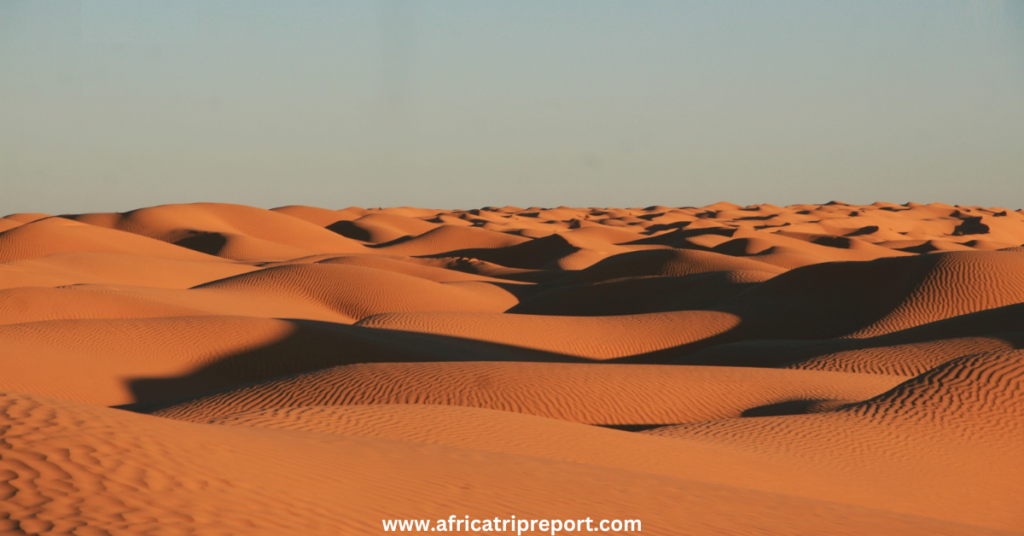
Is Tunisia A Safe Destination For Women Traveling Alone?
Given the prevalence of women wearing Western-inspired apparel, particularly in towns like Tunis, Sfax, and Sousse, Tunisia stands out as one of the more secular Arab nations. This implies that guests are not required to cover themselves, and most men will respect their decision.
However, it is important to acknowledge that some individuals in Tunisia still hold outdated views. They may mistakenly perceive Western women as more open to advances. While it is rare, some female travelers have reported occasional incidents of harassment, typically limited to Tunisians approaching them for a kiss or making inappropriate comments.
Homosexuality Is Illegal
Tunisia, a captivating country with rich history and stunning landscapes, has made significant strides in its democratic journey. However, it is important to address some aspects of the social landscape that may affect LGBTQ+ travelers.
Sadly, Tunisia still forbids homosexuality despite the revolution. More recently however, the prime minister claimed that homosexuality is not an issue of human rights but rather a mental disease that goes against Tunisian beliefs and customs. Unfortunately, a lot of Tunisians agree with this opinion.
It is crucial to acknowledge that Tunisia still has progress to make on LGBTQ+ rights, and it’s essential for travelers to be aware of the local context. If you are a same-sex couple planning to visit Tunisia, it is advisable to be discreet and avoid public displays of affection, just as you would in any conservative country.
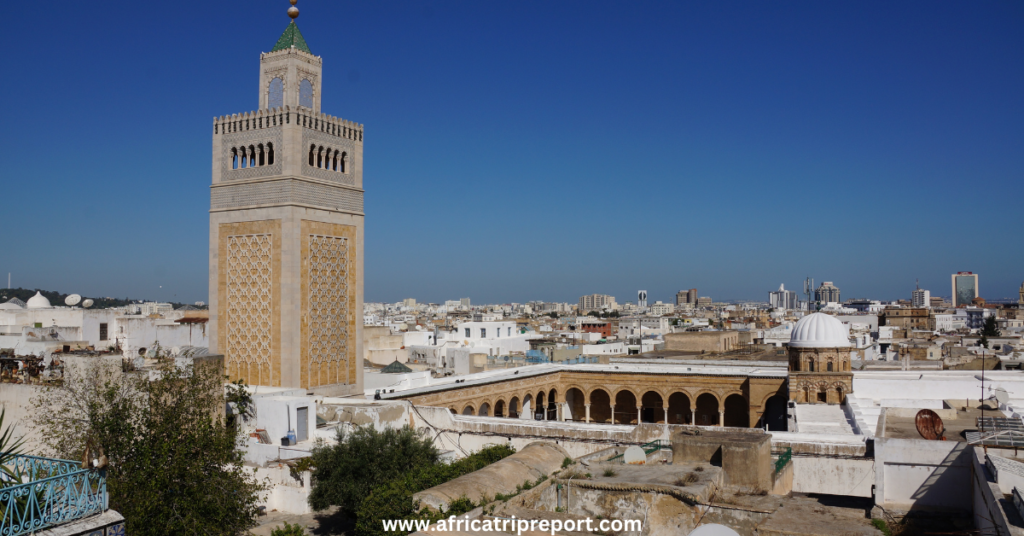
Possible Risks
Although Tunisia is typically a safe place to visit, it is still crucial to be aware of any hazards and take the appropriate safety measures. The following are some dangers you could experience when passing through Tunisia:
- Pickpocketing can occur in crowded areas such as markets, public transportation, bus and train stations, and other busy tourist spots. These crafty thieves are skilled at taking advantage of distracted tourists, so it’s crucial to be extremely cautious and mindful of your surroundings.
- Transportation poses some risks as it is not highly secure or dependable. It is important to exercise caution, especially when using public transportation, as there may be potential thieves in the vicinity. Unfortunately, incidents of sexual harassment towards women are not uncommon. It is advisable to be vigilant and ensure that taxi drivers do not attempt to deceive you by stating that their meters are not functioning properly. Stay aware and prioritize your safety while navigating through Tunisia.
- Avoid dealing with street merchants who could try to rip you off or overcharge you. Check the validity of everything you want to buy, go through your change very carefully, and bargain the conditions in advance.
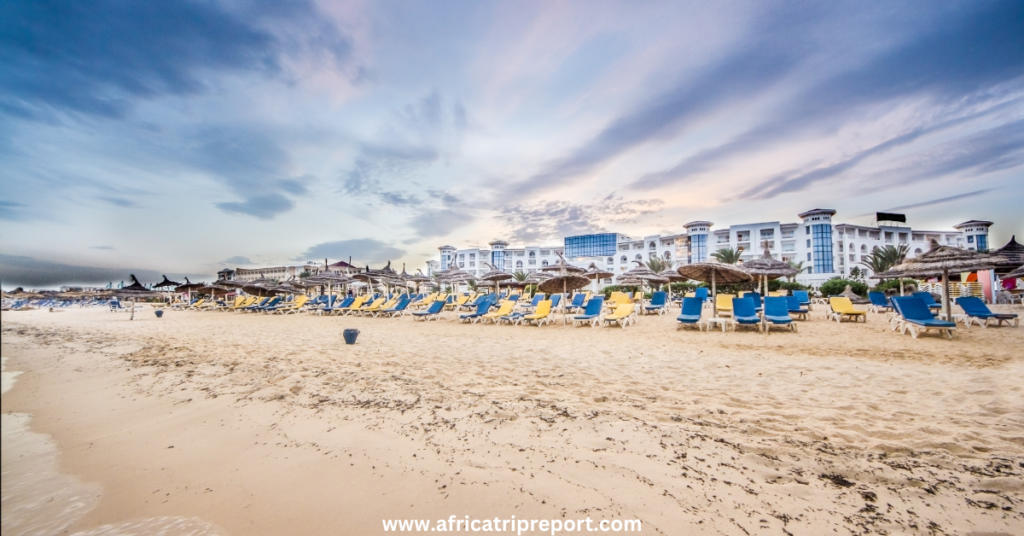
Useful Tips
Here are some tips to keep in mind for a safe trip to Tunisia:
- Get travel insurance: Make sure you have good travel insurance, like the one from IATI Seguros.
- Keep your belongings secure: Don’t show off your valuables. There have been instances of bag snatching or camera theft, so be mindful of your belongings.
- Be cautious at night: Avoid unnecessary travel in rural areas after sunset. It’s better to stay where there are more people around.
- Stay away from crowds: Try not to join large gatherings, especially political ones. It’s best to keep a safe distance.
- Be careful in medinas at night: The narrow, poorly lit streets can be confusing and not very safe after dark. Only go if it’s absolutely necessary.
- Renting a car: Traffic can be chaotic at times, so be prepared. If you receive a fine that needs immediate payment, ask for a receipt.
- Respect people’s privacy: Always ask for permission before taking someone’s photo.
- Be cautious of offers for guidance: If someone offers to help you, remember they may expect payment in return.
- Avoid border areas: It’s better to stay away from the borders with Algeria and Libya for safety reasons.
- Respect local customs: Remember that access to most mosques is restricted to the courtyard. Be respectful of religious practices.
- Bargain when appropriate: Negotiate prices for taxis, souvenirs, and sometimes even food.
Remember, Tunisia is generally safe, but it’s important to use common sense and take precautions. Enjoy your trip and stay safe!

Bottom Line
In conclusion, Tunisia is a fascinating country with a vibrant culture, stunning scenery, and deep history. Despite the fact that it presents several chances for exploration and enjoyment, it is crucial to be aware of any potential hazards and take the appropriate safety measures to guarantee a safe journey. You may have a delightful and unforgettable trip in Tunisia by being cautious, respecting regional customs, and according to our advice. Always keep in mind that your safety and well-being should come first. So get ready to pack, embrace the unknown, and make the most of your stay in this amazing nation. Happy travels!

I’m a total Africa enthusiast! I’ve been exploring this amazing continent for years and I can’t get enough of its diverse cultures, stunning landscapes, and incredible wildlife. From hiking through the savannahs to sampling local cuisine, I’m all about immersing myself in everything Africa has to offer. I’m constantly on the lookout for new and exciting experiences, and I love sharing my passion and knowledge with fellow travel lovers. If you’re looking for an adventure like no other, Africa is the place to be, and I’m here to help you make the most of it!

